
Practicing a healthy lifestyle means taking care of your physical and mental health.
Speaking of physical health? Did you know that taking care of your dental health is equally important, too? Practicing good dental hygiene is the key to maintaining a healthy mouth, teeth, and gums.
Unfortunately, we all have oral habits that are hard to break as 80% of Filipinos currently suffer from oral problems. The bad habits would have long-term negative impacts on one’s oral health, and general health as well. Among these include ulcers, callosities, malocclusion, dental caries, periodontal diseases, recurrent acute otitis media, and sleep disorders.
It’s a good thing that The Hospital at Maayo has a wide array of services at their dental clinic in Cebu that can help patients improve their overall oral health with quality dental care.
But of course, shifting to healthier oral habits include a change in lifestyle as well. So, if you have some terrible oral habits, now may be the time to stop them.
Do I have a bad oral habit? It’s time to find out if you have one.
12 Oral Habits You Need to Break
As mentioned earlier, bad oral habits may lead to long-term negative impacts on your overall health. There are many oral habits, the most common ones are often caused by our body-focused-repetitive-behavior (BFRB) or habits, while some are caused by anxiety and stress. But what exactly are the habits you need to break? Well, here are some of them.
1. Lip biting
For some, lip biting may be an action caused by anxiety, but from a dental perspective, lip biting may be an indication of a misaligned bite. A “good bite” distributes the pressure of biting across all the teeth, a misaligned bite would only put pressure on a few. Over time, this may cause your teeth to chip or break. Constant lip-biting may also lead to issues in one’s temporomandibular joint that may cause TMJ disorders.
How to break the habit:
If lip biting is caused by habitual actions, you can stop the habit by identifying triggers and practicing mindfulness whenever you find yourself biting your lip. You could also try progressive muscle relaxation (PMR) exercises to help release the stress from the muscles in your jaw.
2. Nail biting

Nail biting is another oral habit caused by habitual activity, and even anxiety and stress. As common as it seems, this could also be detrimental to your overall oral health. Biting your nails can weaken your teeth’s roots, which could cause your jaw bone to reabsorb them, meaning your tooth will fall out. The bacteria under your fingernails could also be transferred to your mouth, which can lead to gum disease.
How to break the habit:
You can try to gradually stop nail biting but keep your nails short. Like lip biting, identify your triggers in order to stop yourself from doing this bad oral habit.
3. Cheek biting
Whenever you bite your cheeks from trying not to laugh in an embarrassing situation, or when you bite them by accident when eating too fast, these can cause injuries in your inner cheek. Cheek biting causes tearing of mouth tissues, causing mouth sores, and ultimately ulcers.
How to break the habit:
If the cheek biting incidents happen more than usual, it’s time to consult with a dentist. But it can also be treated with self-discipline and habit replacements like chewing gum instead.
4. Biting on ice

Eating ice may bring instant relief, especially during the summer months when it’s extremely hot.
However, it’s your teeth that will suffer. The brittleness and freezing temperature of ice can damage the tooth enamel’s surface, which could lead to fractures and bigger dental problems like acid attacks and tooth decay.
How to break the habit:
Crushed ice is seen to have a lesser impact on teeth. However, it’s best to avoid eating or biting freezing foods in general.
5. Jaw clenching or teeth grinding
Teeth grinding or jaw clenching is also a common oral habit. It can happen during the day, or even while you’re asleep. Teeth grinding can cause your teeth to wear out, thus exposing your nerves. The pressure can also cause dental abscesses and gum damage.
How to break the habit:
If you find yourself teeth grinding or jaw clenching, you could talk to your dentist about having a mouth guard to use while sleeping to alleviate the pressure from your teeth and gums.
6. Using teeth as tools

Using your teeth to open a packet of chips, a bobby pin for your hair, and even opening a bottle can look cool. But it won’t be cool anymore once you experience pain in your gums and jaw.
When you use your teeth for something they’re not designed for, you’re at risk of cracking your teeth and even injuring your jaw as your mouth undergoes an unusual kind of pressure.
How to break the habit:
Well, it’s pretty easy. Instead of using your teeth and mouth to open objects, keep the necessary tools accessible at all times so you won’t be tempted to use your teeth.
7. Drinking carbonated beverages

We all love the occasional cold carbonated drinks that go well with our favorite lunch meals. But too much carbonic acid in our mouth would erode away your tooth enamel and can cause tooth decay and staining, wrecking your teeth gradually.
How to break the habit:
As much as you love these carbonated drinks, it’s better to limit the consumption and opt to drink healthier drinks like water and natural juices as they contain less sugar content and carbonic acid, which are both harmful to your teeth and gums.
8. Neglecting tooth and oral pain and discomforts
When you feel the first jolt of pain coming from your gums and teeth and decide to brush it off (not literally), you have made a big mistake. Ignoring these signs of degrading oral health can lead to worse conditions like gingivitis and periodontitis or a worse form of gum disease.
How to break the habit:
When there’s discomfort in your mouth, consult with a dentist right away to help alleviate and cure these symptoms correctly.
9. Brushing with hard bristles

Brushing your teeth is an essential step to good oral health. But the question is, are you using the right bristles for the job? Brushing with hard bristles may do you more harm than good, as it could wear away the enamel of your teeth, and cause gum recession, resulting in teeth sensitivity and aid in decay.
How to break the habit:
Instead of using hard-bristled toothbrushes, use soft bristles instead. It can also remove the buildup of plaque just as well without damage to your teeth and gums.
10. Cigarette smoking

It’s no secret that smoking is detrimental to your health. Your oral health is no exception to that. Like tobacco chewing, smoking cigarettes can also cause teeth staining, gum diseases due to bacterial plaque. In worst-case scenarios, smoking can cause mouth cancer.
How to break the habit:
Quitting smoking is also the best step to take for this one. You can consult with your doctors on the best strategy to take on.
11. Chewing foreign objects

Have you ever found yourself chewing on your pen or pencil while concentrating on your work or task at hand? Well, chewing objects, that are not food, puts your teeth under a lot of pressure that may cause them to crack, chip, and even shift. The bacteria and germs from these foreign objects can also cause infections in your mouth.
How to break the habit:
Force of habits is hard to break. You can keep your mouth occupied by chewing sugar-free gum or healthy snacks so you wouldn’t be too tempted to insert foreign objects in your mouth.
12. Poor oral hygiene

The most terrible habit anyone could have is having poor oral hygiene. If you’re not the type who regularly brushes their teeth, or use mouthwash and dental floss often, then it’s time to change that. Bad oral hygiene can lead to dental cavities, gum diseases, and in the long term, cancer and diabetes.
How to break the habit:
Practice good oral hygiene by brushing your teeth at least two times a day, flossing at least once a day, and avoiding the bad oral habits mentioned above. Also, make sure to set an appointment with your dentist regularly.
Take care of your health today. The Hospital at Maayo offers a variety of dental services and other medical services fit for your healthcare needs. You can book an appointment through their website.



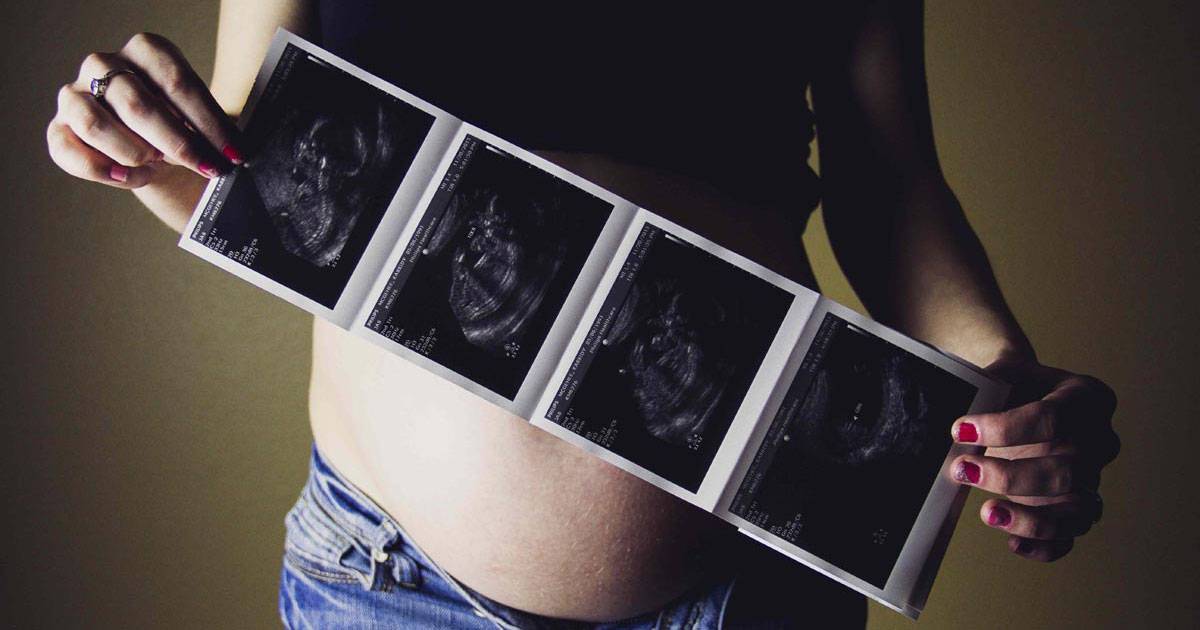

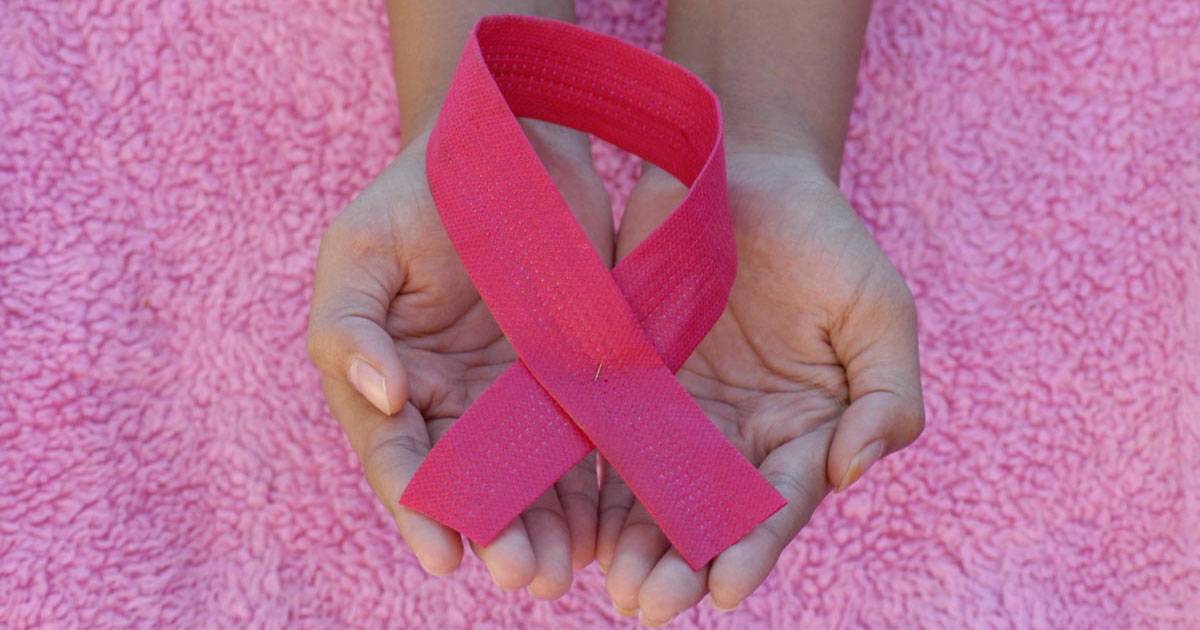
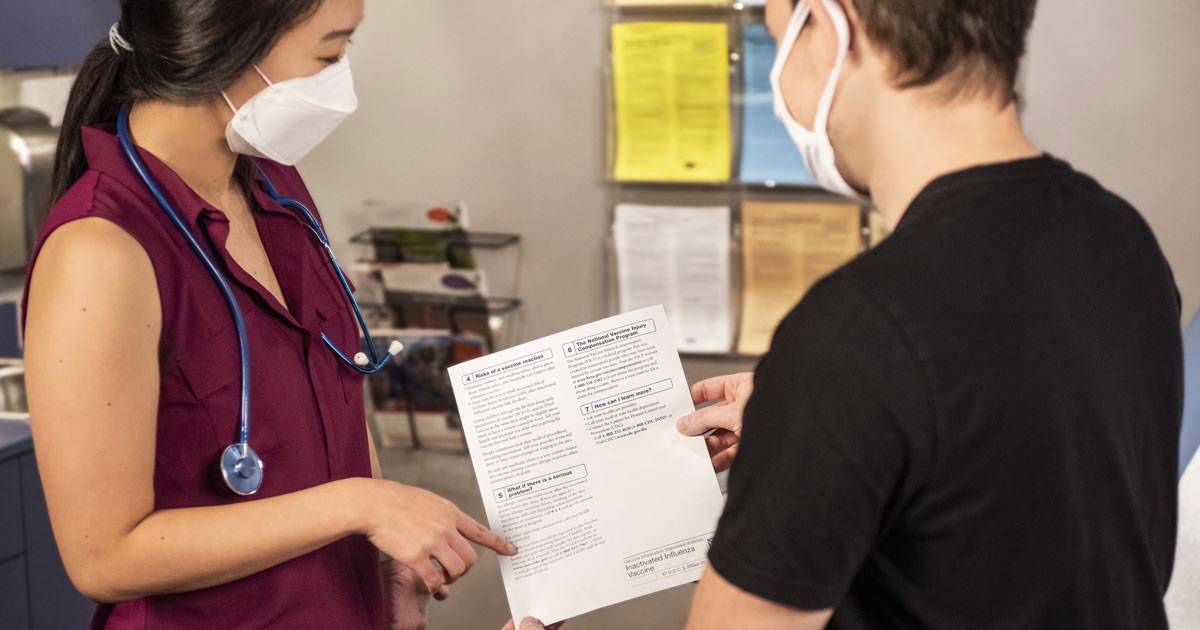













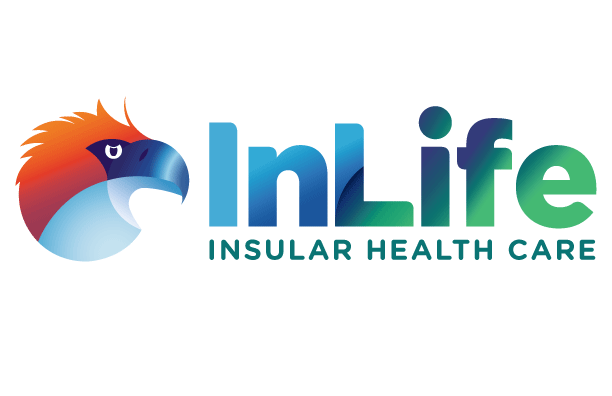


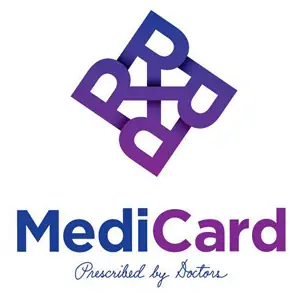
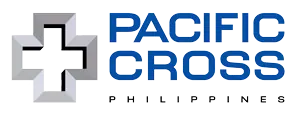

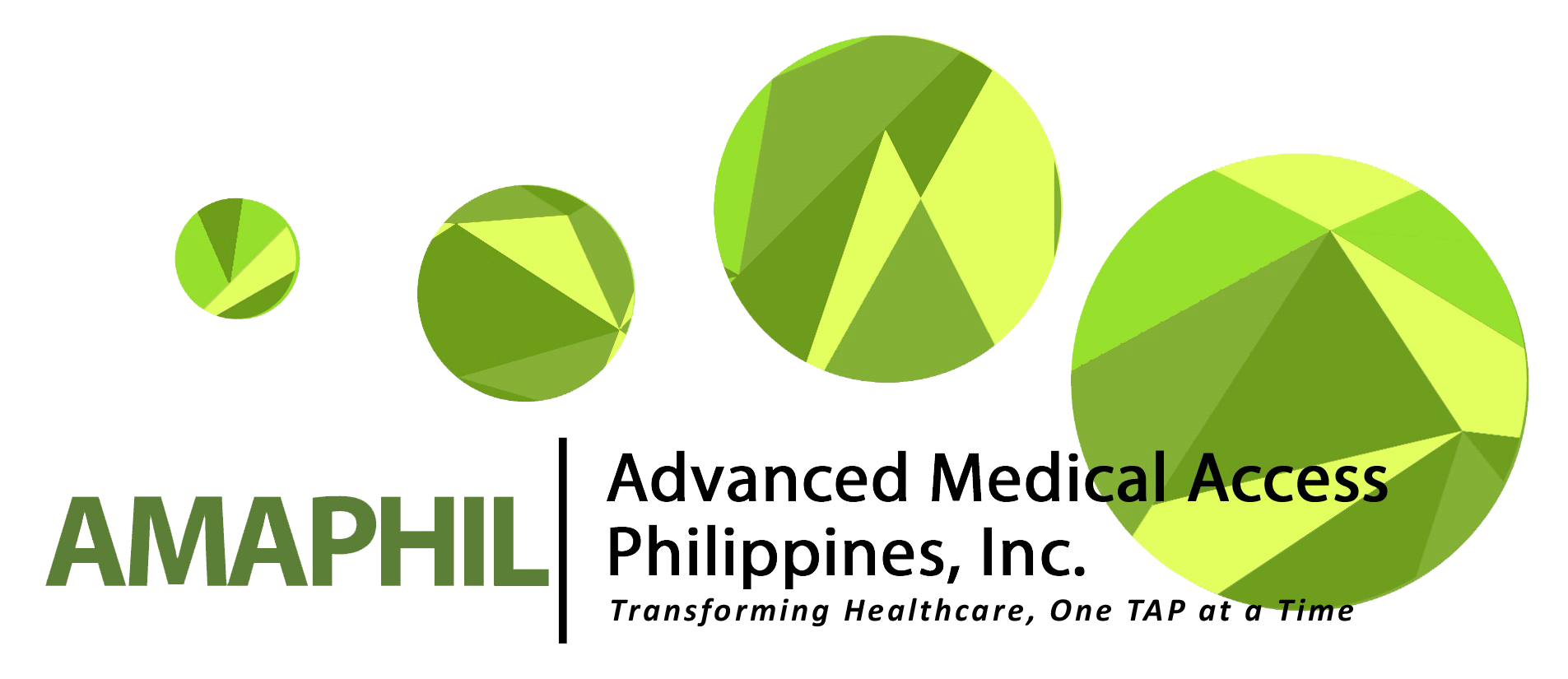


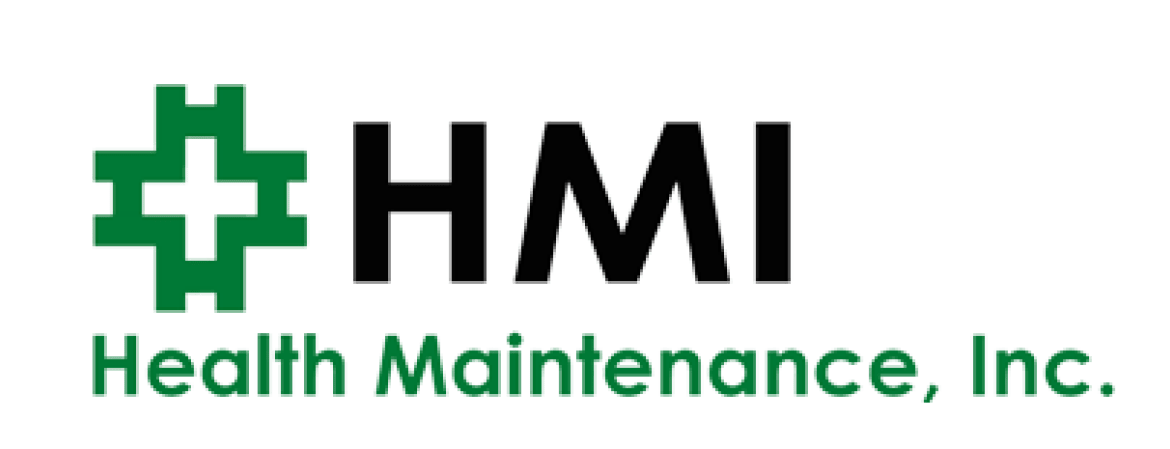


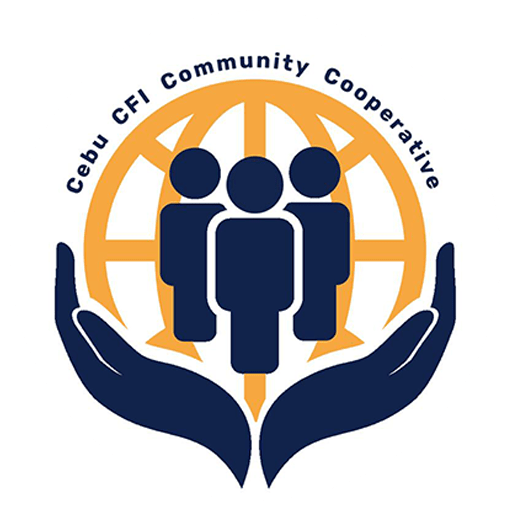
Leave a Reply